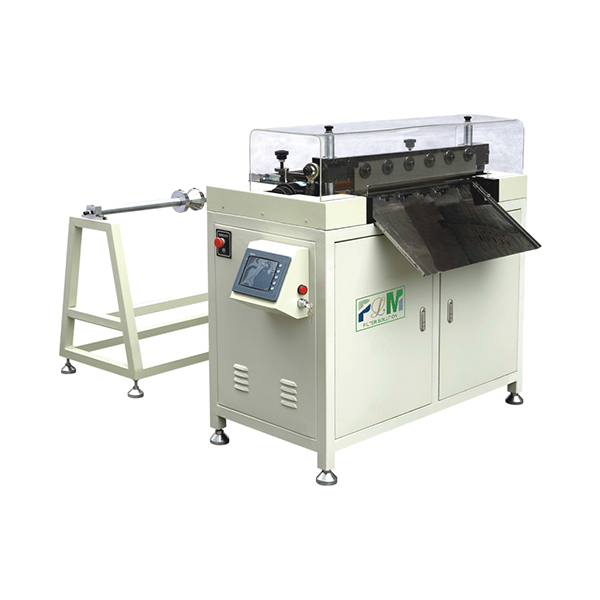Sht . 25, 2024 00:35 Back to list
PP Air Filtration System for Enhanced Air Quality and Efficiency
The Importance of PP Air Filters
In today's world, air quality is a growing concern. With increasing pollution levels and urbanization, ensuring clean air in our living and working environments has become crucial. One effective solution lies in the use of PP (Polypropylene) air filters. These filters are designed to capture airborne particles, providing a healthier atmosphere for everyone.
What is PP?
Polypropylene is a thermoplastic polymer known for its durability, chemical resistance, and lightweight properties. It is widely used in various applications, including packaging, textiles, and, importantly, air filtration. Its unique characteristics make it an excellent material for air filters, allowing them to perform efficiently while maintaining lower costs.
How PP Air Filters Work
PP air filters operate on a simple principle they trap particulate matter while allowing clean air to pass through. The filters often consist of several layers of polypropylene media, which are designed to maximize the surface area available for capturing pollutants. Larger particles, such as dust and pollen, are caught on the surface, while smaller particles, like smoke and bacteria, are captured within the fibers. This mechanism ensures that the air released back into the environment is significantly cleaner.
Benefits of PP Air Filters
pp air filter

1. Efficiency One of the primary benefits of using PP air filters is their high efficiency in capturing a wide range of airborne pollutants. They are effective against allergens, dust mites, pet dander, and even some bacteria and viruses. This efficiency not only improves indoor air quality but also contributes to better health and well-being.
2. Cost-Effectiveness PP filters are known for their affordability. Compared to other types of air filters, such as HEPA filters, PP air filters provide a cost-effective solution for those looking to maintain clean air without breaking the bank. They are also relatively easy to replace, making routine maintenance accessible.
3. Lightweight and Versatile The lightweight nature of polypropylene makes these filters easy to handle and install. They can be adapted for various air filtration systems, from HVAC units to standalone air purifiers, making them versatile for multiple applications.
4. Durability Polypropylene is resistant to both moisture and chemical degradation, ensuring that PP air filters maintain their effectiveness over a longer period. This durability translates to less frequent replacements and reduced waste, contributing to a more sustainable approach to air filtration.
Conclusion
In an era where air pollution poses a significant risk to health, PP air filters emerge as a practical and efficient solution. Their ability to capture harmful airborne particles while remaining cost-effective and durable makes them an excellent choice for both residential and commercial spaces. Investing in PP air filters not only enhances air quality but also promotes overall well-being, making them a smart choice for anyone looking to breathe easier. As we continue to navigate the challenges of urban living and environmental degradation, embracing effective air filtration technologies will be essential for a healthier future.
-
Cheap PLJY109-500 Full-Auto HDAF Expanded Mesh Spiral Coiling Machine - High Efficiency & Quality Manufacturer
NewsJul.08,2025
-
Best PLHJ-6 Full-Auto Eco Filter Rotary Heat Plating Machine - High Efficiency & Eco-Friendly Solution
NewsJul.08,2025
-
High-Efficiency Paper Pleating Machine for Filters Trusted Filter Paper Pleating Machine Company
NewsJul.07,2025
-
High-Performance Oil Filter for Cadillac ATS – Reliable Engine Protection Solutions
NewsJul.07,2025
-
High Quality PU Glue for Filters – Reliable Filter Glue Supplier & Exporter Get PU Glue Quotes Now
NewsJul.07,2025
-
China PLJL-4 Seal Leakage Tester for Spin-On Filter - High-Precision Multi-Station Testing Solutions
NewsJul.06,2025
